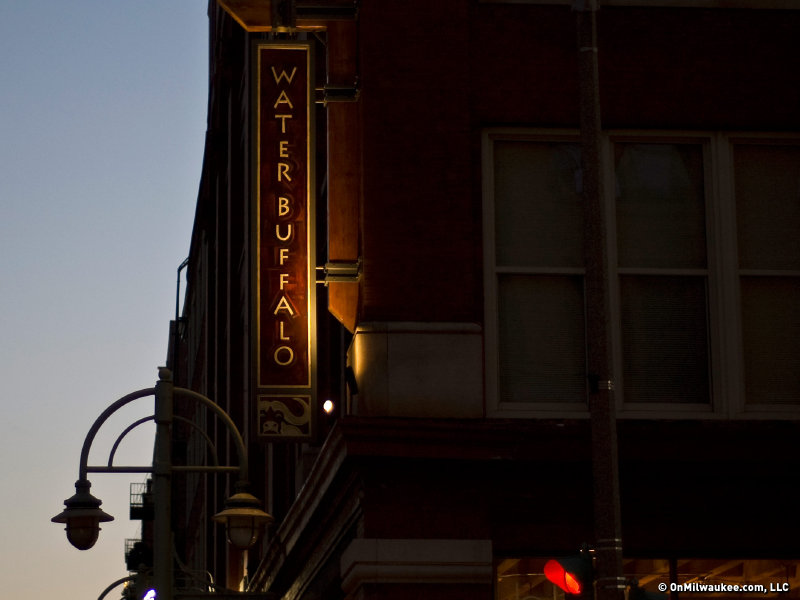Places like Applebees, for example, have been touting a "2 for $20" deal for some time. Diners can get an appetizer, two entrees and a shared dessert for just $20, excluding drinks and tip.
Throughout 2009, major chains like Pizza Hut - which added family-sized baked pastas - and Kentucky Fried Chicken - which unveiled slightly more health-conscious grilled chicken offerings - have added to their menus in an effort to retain customers and attract those that have shied away from dining out.
More recently, Domino's Pizza - a long-time third-place runner behind Pizza Hut and Papa John's - completely revamped its menu, dropping traditional offerings and recipes in a complete reincarnation.
Traditionally "upscale," establishments are tinkering, as well.
The "Low Tides" menu at Devon Seafood Grill in the Bayshore Town Center, was introduced several months ago and has become a popular option for diners looking to save money.
"We wanted to give our customers a sampling of different menu items for a budget-friendly price," says Suzanne Frentress of Devon. "Four courses in a tasting style, they wont find that a lot of places, especially with our quality of food."
Devon began developing the concept during the summer and tries to change things up every few weeks to bring additional flavors to the menu, which offers four courses for $29 per person.
Currently, the meal includes seared scallops with crispy pancetta, a grilled asparagus salad, crispy, potato-wrapped Grouper and, for dessert, a chocolate butterscotch tart.
Wine pairings are also available for $15 and $25 per person.
Smaller, locally-owned establishments have also felt the economic pinch and, in order to keep up with the chains, have had to come up with creative ways to add value and keep customers happy.
Joe Sorge, who with his wife, Angie, owns Water Buffalo, 249 N. Water St., recently completed a massive overhaul of the three-year-old restaurant's menu.
Most lunch items are priced under $10 with dinner entrees checking in at under $20.
"Consider it Water Buffalo, 2.0 if you will," Sorge says. "We changed about 60 percent of our menu, including some seasonal changes.
"We didn't do anything crazy. The plan was to find things to make the restaurant more accessible, and add value to the menu. Part of operating and succeeding in the restaurant business is differentiation, so while many places are discounting everything and slicing to the lowest common denominator, we went the other other way, increasing what you get for the dollar."
Sorge added to the available wine offerings, keeping budget-friendly glasses between $7-$10 but also making some higher-end vintages more affordable. For example, the Duckhorn Merlot is priced at $56 a bottle or $14 per glass at Water Buffalo, while prices for the same wine at other establishments can reach into the $75 range.
In addition to the menu changes, Sorge has tried to bring back old customers and attract new ones by making Water Buffalo "more accessible." A popular Third Ward establishment, Water Buffalo earned a reputation over the years as a place difficult to get in; wait times on the weekends often exceeded the two-hour mark.
To combat that, Sorge has opened more dining slots to reservations.
"Since the beginning, we've had requests for reservations, which we did for groups of eight or more only," Sorge says. "People simply wanted the guaranteed table. As we went along, we realized that it doesn't make sense to alienate people that wanted a table."
So far, the new approach has worked. Sorge doesn't think the restaurant business is out of the hole yet, but did see an upswing in business leading into the Christmas weekend.
"The last thing we wanted to do was become someplace that's 'been there and done that' and not make changes," Sorge says. "So yeah, it's worked. Old customers have come back and are happy with changes and new customers are benefiting from better accessibility."







